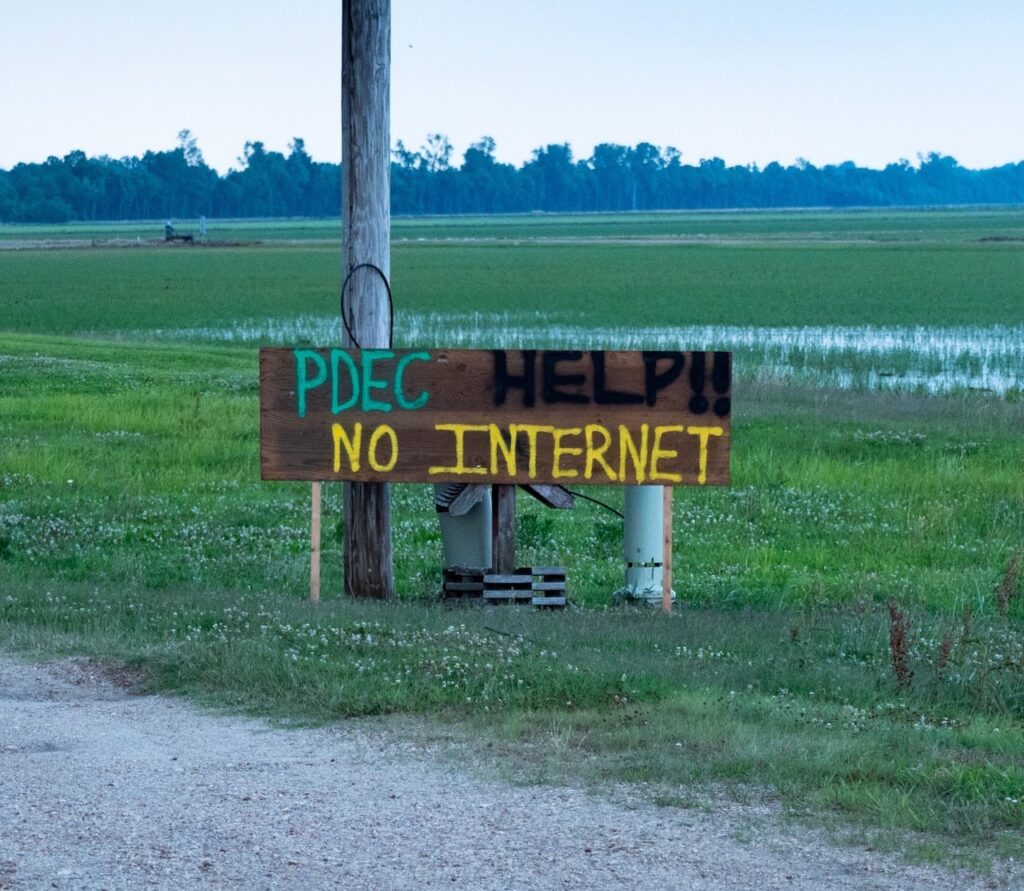
As more than 200 electric cooperatives enter the broadband space to connect unserved communities in 39 states, NRECA is asking federal policymakers for a few fixes to help co-ops reach their members.
“A number of electric cooperatives have stepped up to the plate and actually helped meet that demand in terms of successfully offering broadband within their areas,” NRECA CEO Jim Matheson said in a media call April 17 as 2,000 electric co-op representatives gathered in Washington, D.C., for NRECA’s 2023 Legislative Conference.
But to facilitate their efforts to close the digital divide, Matheson said co-op leaders on Capitol Hill and at key federal agencies this week are raising four issues:
- Continue funding for ReConnect, the rural broadband grant and loan program under the U.S. Department of Agriculture, and improve its efficiency.
- Define broadband for federal assistance as a minimum symmetrical speed of 100 megabits per second upload and download.
- Increase funding for building middle-mile fiber networks that will enable more broadband connections in rural areas.
- Collect more accurate information for mapping regions with true broadband to ensure federal dollars go to unserved areas.
“We want universal access for all of our members, including that member at the end of the line who may be five miles from the next connection,” Matheson said. “That’s why electric cooperatives are very well situated—knowing those communities, knowing those service territories—to close that digital divide in these sparsely populated areas in a better way than anyone else.”
Two CEOs of co-ops that have built broadband to all their members joined Matheson on the call to share their experiences. Tim Johnson, who leads Otsego Electric Cooperative and its broadband subsidiary in Hartwick, New York, said the 5,000-meter co-op’s fiber-to-the-home service is meeting the community’s need.
“The COVID-19 pandemic proved that out,” he said. “Undeniably, people were virtually desperate. We had just finished building all of our infrastructure, about 700 miles, and the phone rang off the hook for months until we got to everybody we possibly could.”
Mitchell Johnson of Ozarks Electric Cooperative in Fayetteville, Arkansas, said the co-op’s broadband subsidiary has deployed 7,000 miles of fiber and joined 12 other Arkansas co-ops to build a 50,000-mile middle-mile fiber network for greater speed, reliability and savings for 1.2 million customers.
“We know that our 10-gigabit capacity will lower cost for access to the internet, and the entire state and the cooperatives will benefit from that middle-mile network,” Johnson said. “We do think that public policy needs to support cooperative-owned middle-mile networks.”
Matheson also underscored the “value of the cooperative model and the cooperative approach if we’re really going to solve this problem in these very hard-to-serve, sparsely populated areas.”
“We’ve been responsible with the federal funding we’ve received,” he said. “We continue to be proud of that record, and we’re going to continue to advocate for electric co-ops to have a seat at the table, because we think we’re part of an important solution.”
Cathy Cash is a staff writer for NRECA.
More Coverage From Legislative Conference:
Top Policymakers Address Co-op Leaders at NRECA’s Legislative Conference
NRECA CEO: Reliable Electricity Is Main Focus of Legislative Conference
Rep. Bob Latta: Rural Connectivity ‘Is Everybody’s Issue’